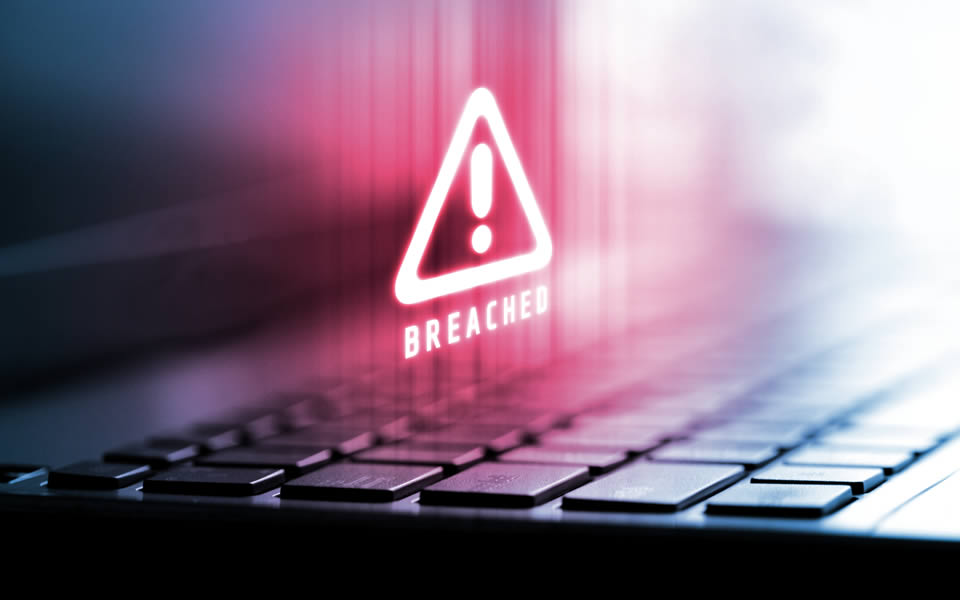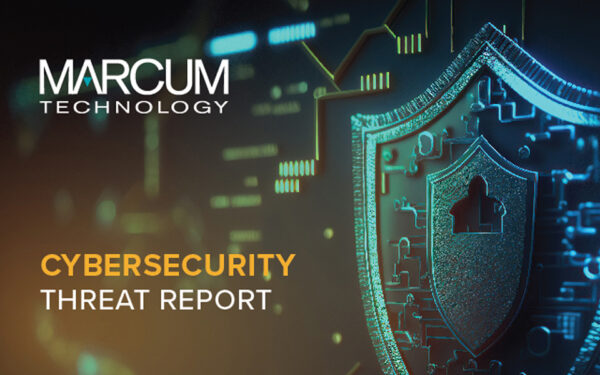What Recent Cybersecurity Breaches Can Teach Companies
By Joseph Compton, CISSP, CISA, QSA, CICP, Partner, Advisory Services
The recent cybersecurity breaches faced by the gaming industry serve as stark reminders of the critical importance of prioritizing cybersecurity measures at every level. The breaches demonstrated that no organization is immune to cyber threats, regardless of their size or industry.
The gaming industry faced severe consequences due to these breaches, including potential reputation damage, regulatory scrutiny, and financial losses. A recent report showed that 46% of companies can expect anywhere from $50k to $500k in financial losses due to a cybersecurity attack.
These incidents serve as a wake-up call for companies to invest in cybersecurity programs that include not only preventative measures but also robust incident response plans within a Business Continuity and Disaster Recovery (BCDR) strategy. Investing in cybersecurity measures can’t completely eliminate the risk of an attack, but having a solid BCDR plan can help reduce the risk and impact of an incident.
CYBERSECURITY MEASURES YOU SHOULD HAVE IN PLACE
Companies need to include various layers of cybersecurity support throughout their organization, and investing in a trusted third-party cybersecurity firm can help ensure an easy process. Whether you decide to enlist the help of cybersecurity experts or not, here are the key steps that companies can take to strengthen their cybersecurity defenses and create a reliable BCDR strategy:
1. PRIORITIZE CYBERSECURITY AT ALL LEVELS
The recent breaches in the gaming industry reveals that cybersecurity is not just the responsibility of the IT department but should be a top priority for all employees and departments. Organizations must foster a culture of cybersecurity awareness throughout the company.
Companies should also develop an incident response team that includes representatives from IT, legal, human resources, and public relations. The team should have clearly defined roles and responsibilities and be trained to respond effectively to cybersecurity breaches.
2. CREATE AN INCIDENT RESPONSE PLAN
Companies should create an incident response plan that outlines the steps to be taken in the event of a cybersecurity breach. The plan should include procedures for investigating incidents, isolating affected systems, and notifying law enforcement if necessary. Companies should also test the incident response plan regularly to ensure effectiveness.
Testing can include tabletop exercises, simulations, and penetration testing. These proactive measures help organizations uncover vulnerabilities in their systems and networks before malicious actors can exploit them. By conducting regular assessments, companies can stay one step ahead of cyber threats and improve their overall security posture.
3. INVEST IN EMPLOYEE EDUCATION AND TRAINING
Human error often plays a significant role in cybersecurity incidents. It’s crucial that companies invest in ongoing employee education and training programs to ensure that all staff members are well-informed about the latest cybersecurity threats, techniques, and best practices.
Companies should also provide regular cybersecurity training to help employees identify and prevent cyber threats. Employees should be trained in how to identify phishing emails, vishing phone calls, how to create strong passwords, and how to report suspicious activity. By equipping employees with the knowledge and tools to recognize and respond to potential threats, companies can significantly reduce the risk of successful cyber-attacks.
4. IMPLEMENT DATA PROTECTION MEASURES
Companies often implement data privacy measures to comply with customer requirements or industry regulations. However, many organizations only focus on meeting the minimum requirements instead of thoroughly understanding the implications of data privacy. This approach may only work until a data breach occurs.
To mitigate these risks, companies should implement robust data protection measures. This includes encrypting sensitive data, enforcing access controls, regularly backing up data, and monitoring data access and usage.
5. COLLABORATE WITH CYBERSECURITY EXPERTS
Cybersecurity is an ever-evolving field, and companies need to stay updated about the latest threats and countermeasures. It is crucial for organizations to collaborate with reputable cybersecurity firms so they can stay on top of industry best practices and leverage the expertise of security analysts to continuously enhance their cybersecurity strategy.
OVERCOMING CYBERSECURITY CONCERNS
By learning from the recent breaches in the gaming industry, organizations can take proactive steps to protect their customers’ data and safeguard their own reputation and bottom line. Creating a BCDR plan is a necessary step companies can take to minimize the impact of a cybersecurity breach.
Companies should follow best practices such as conducting risk assessments, developing an incident response team, creating incident response plans, testing the plans regularly, implementing access controls, monitoring employee activity, and regularly updating software and systems. By taking these proactive measures, companies can reduce the risk of a cybersecurity breach and minimize the impact if a breach does occur.
Marcum Technology helps companies create cybersecurity response plans by following a comprehensive process that includes interviews, risk assessments, and evaluation of the current information security program, documentation, and procedures. We offer various ways to help companies manage disaster recovery and business continuity planning, including customized plans and secure communication during a crisis.
By working with Marcum Technology, companies can ensure that their BCDR plan is up-to-date and can effectively combat and minimize cyber threats.




















